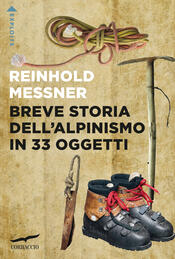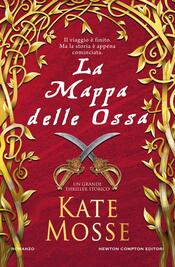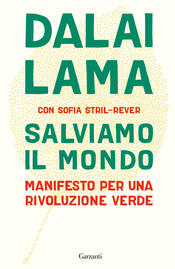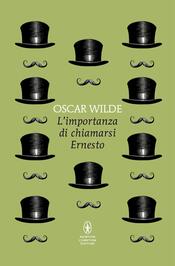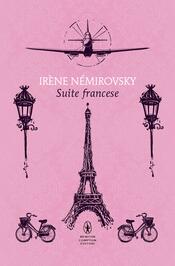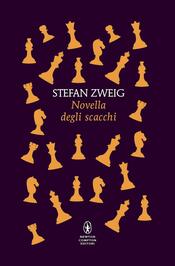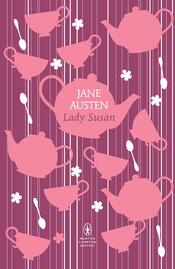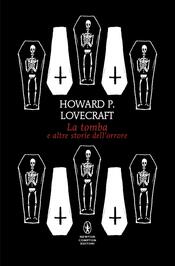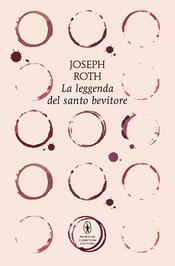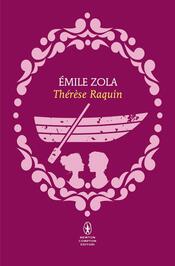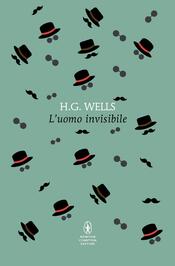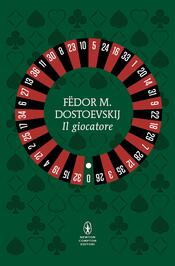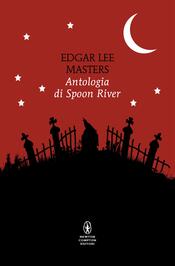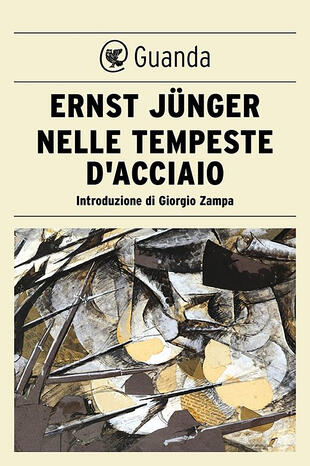

Sinossi
NEL CENTENARIO DELLO SCOPPIO DELLA PRIMA GUERRA MONDIALE, IL LIBRO CHE LA RACCONTA. Ernst Jünger partecipò alla Prima guerra mondiale con i gradi di sottotenente della Wehrmacht. Il suo comportamento in prima linea lo rese leggendario: ferito quattordici volte, ricevette numerosi riconoscimenti al valore, compreso il più alto, l’Ordre pour le mérite. Portava sempre in tasca un taccuino su cui fissava con precisione gli avvenimenti. Da quelle note, in seguito all’insistenza del padre, si persuase a trarre un libro che avrebbe dovuto intitolarsi Il rosso e il grigio, in omaggio all’amato Stendhal e ai colori mesti e uggiosi della guerra in trincea; Jünger preferì alla fine l’immagine tratta da un poema medioevale islandese. Oggetto di ambigui entusiasmi negli anni Venti e Trenta, le Tempeste ci appaiono oggi la più agghiacciante testimonianza sulla Grande Guerra e l’espressione già perfetta della sovrumana capacità di osservazione di Jünger e della prosa fredda e cristallina che egli ha forgiato. Come scrive Giorgio Zampa nell’introduzione, «l’opera è omogenea: la sua cifra stilistica è unica, la sua coesione non viene mai meno... La tensione che traversa resoconti e cronache è costante, grazie a uno stile di tale perfezione che annulla se stesso... Le Tempeste appartengono al genere epico per disposizione naturale: l’autore si pone di fronte alla realtà e la restituisce, conferendole un’autonomia di cui solo l’epico è capace... In Stahlgewittern va veduto come un unicum nella letteratura del secolo: per essere senza antecedenti né seguito chiede di essere considerato al di fuori degli schemi della letteratura di guerra, di riferimenti solo ideologici e politici. Dare un giudizio su questo libro, che Jünger chiama il primo del suo Vecchio Testamento («occhio per occhio, dente per dente») dopo aver letto (o non letto) i diari dell’ufficiale che compì il 6 agosto 1945 la sua missione su Hiroshima, non è agevole. Le Tempeste figurano come un masso erratico nella discesa sterminata della letteratura europea.»
- ISBN: 882350998X
- Casa Editrice: Guanda
- Pagine: 352
- Data di uscita: 31-07-2014
Recensioni
Ernst Jünger is an insurance actuary’s worst nightmare — he smoked, drank, experimented with drugs, served in two world wars, sustained multiple injuries, and yet died only one month shy of 103. And his exploits on the front! You couldn’t make this stuff up. I confess to not knowing many Germans, bu Leggi tutto
I have often lamented the lack of German World War I perspectives. Erich Maria Remarque aside, I usually read works by British and French scholars, memoirists, diarists, and novelists. Fortunately here is a fine memoir translated from the German by the esteemed Michael Hofmann. I like its very flat
I thoroughly enjoyed this personal account of war. Ernst Jünger compiled this book from diary entries while he served in the German army during World War I. The narration starts at the end of 1914 and goes through 1918. Ernst Jünger started out lower enlisted but ended the war a highly decorated off Leggi tutto
War means the destruction of the enemy without scruple and by any means. War is the harshest of all trades, and the masters of it can only entertain humane feelings so long as they do no harm. Ernst Jünger was a born soldier: neither risk-averse nor foolhardy, able to command the loyalty of other
Citazioni
Al momento non ci sono citazioni, inserisci tu la prima!




